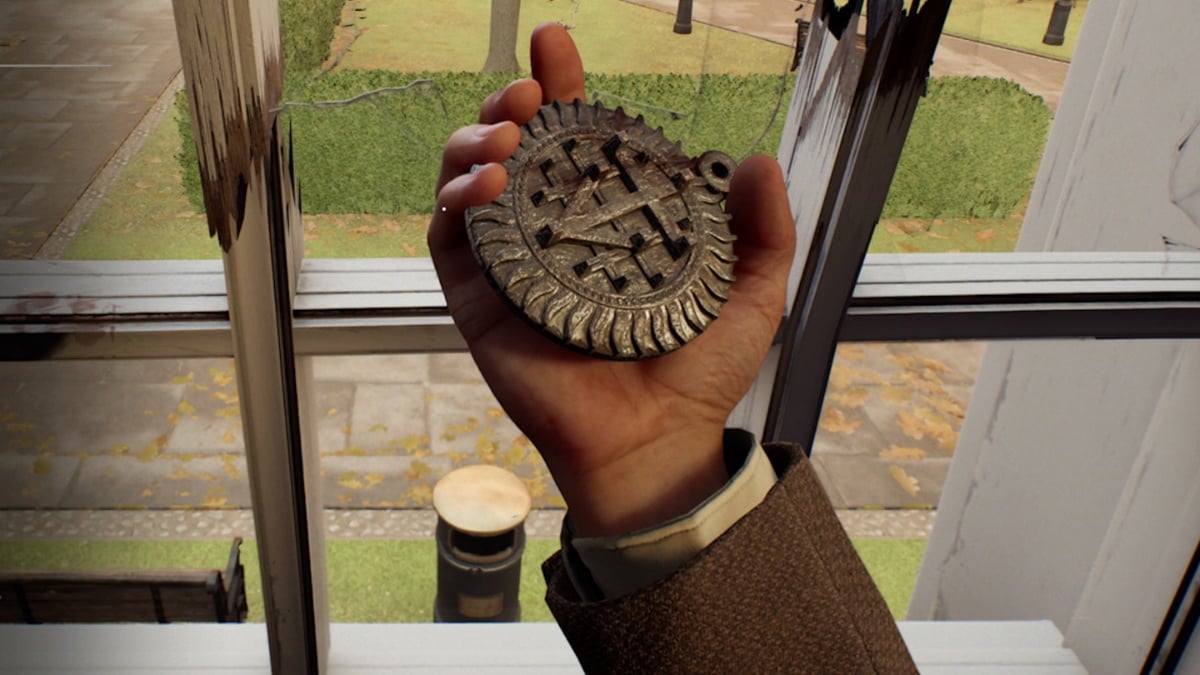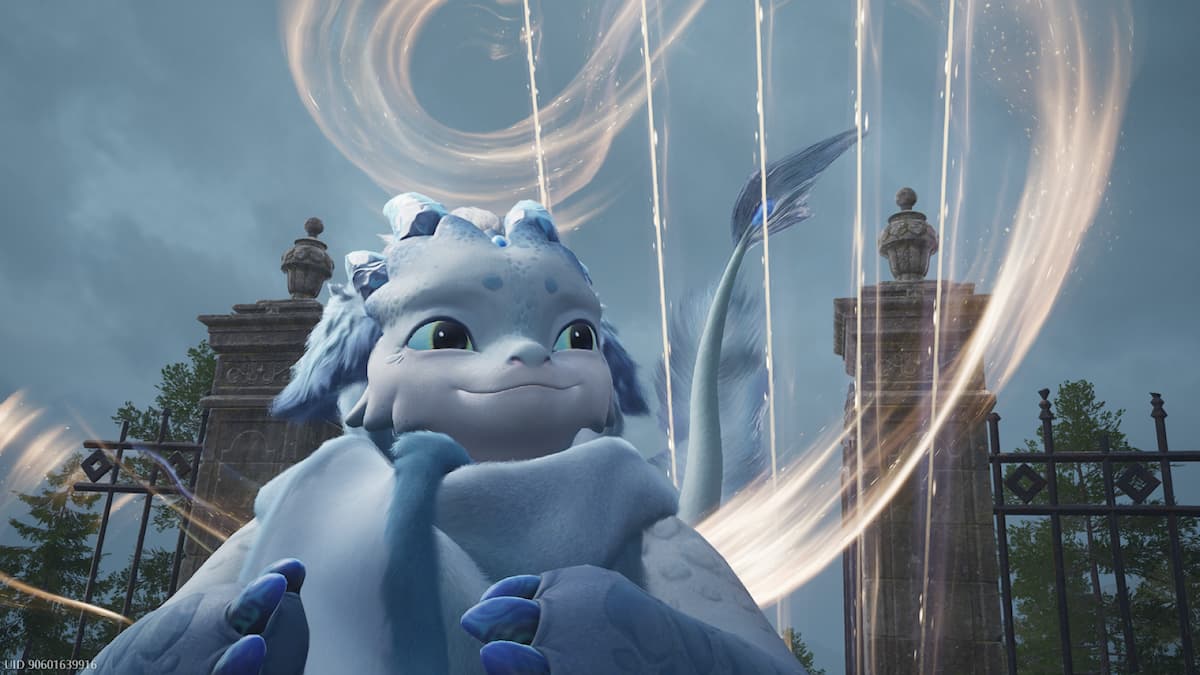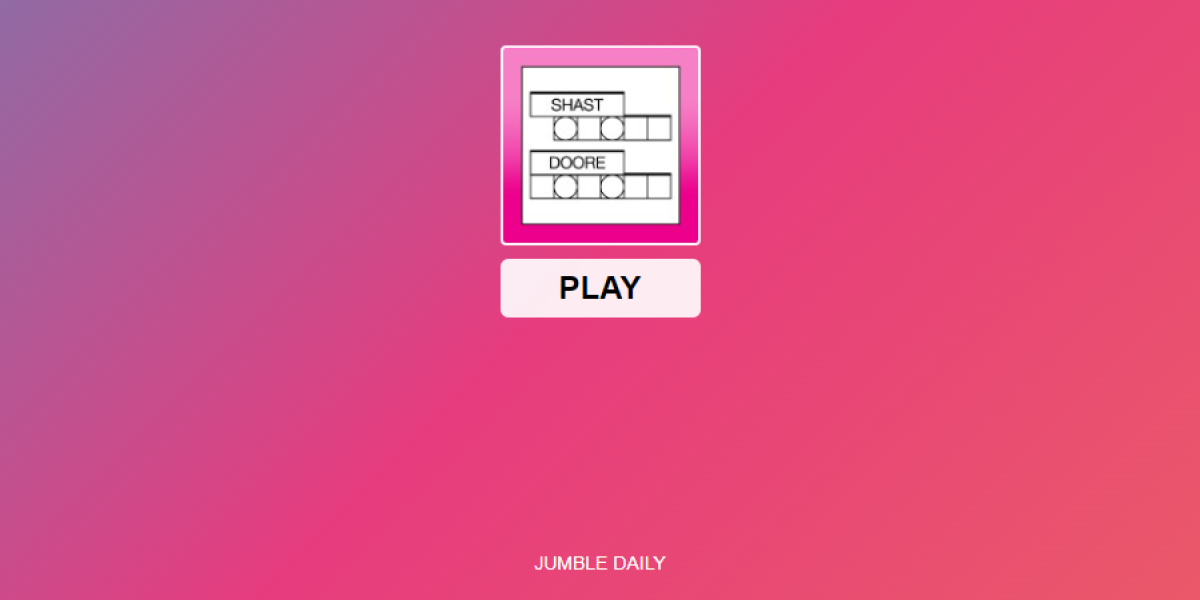The buzz of the Penny Arcade Expo is constant. Thousands of gamers walk the packed halls, with sound of dozens of video games ringing around them. Launched by Jerry Holkins and Mike Krahulik—the guys behind the wildly popular Penny Arcade comics—in 2004, it’s the biggest convention in gaming.
And the only group with a comparable footprint to Holkins and Krahulik is the Electronic Sports League.
You wouldn’t be able to tell at first glance, however. ESL doesn’t have its own booth. Craig Levine, one of the leaders of the group’s American initiative, spends a lot of his time at the Twitch booth. But he spends most of it meandering through the show, meeting with over a dozen parties supported by his company at the event.
“I’m sure there’s a couple booth builders that do a bunch,” Levine says. “But in terms of hands-on activation, in terms of powering different booths, I’d probably say we’re the biggest.”
Founded in 1997, the ESL has built from a small, grassroots league into a true esports behemoth. It’s the longest-running institution in the industry. But until this year, it was based solely in Europe, only dabbling in America with qualifiers, online leagues, and one or two events for their global event series, the Intel Extreme Masters. So, earlier this year, the company bought Levine’s company, E-Sports Services (ESS), which had years of experience running events for other brands, to head up their invasion of America.
ESL and ESS—”the two brands are interchangable,” Levine says—produced eight booths at PAX, and had their hands in plenty of other ventures. They managed Wargaming.net’s WGLNA Season 4 finals, where Russian team #RU took the $50,000 World of Tanks title. They produced the livestream for the massive Twitch booth at the center of the hall. They ran a Halo tournament.
PAX was a bit of a coming out party for ESL in America, albeit a muted one. The PAX Prime Showdown, a $10,000 Halo 2: Anniversary tournament, is the first live event with ESL branding in the States since the ESS acquisition. Nearly 30,000 tuned in to watch Halo return to esports.
The real party is next month in New York at the Madison Square Gardens theater where the league will host the next ESL One event. But even that’s just the beginning.
The first thing you guys did when ESL came to America was set up a studio to broadcast games regularly. How is that coming along?
We have our studio up in Burbank, California. 8700 square feet. We’ve added more and more space. We’re excited this Sep. 20, we’re hosting the first Infinite Crisis ESL GO season final there. We’ve got the top four teams coming in studio, which will be our first live studio team based competition.
This will be the first time that we’re going to debut our first new set, new studio, that live environment. We’re building an event center, a hub for competitions. It’s going to be hopefully the first of many.
ESS has operated since 2006 behind the scenes, but ESL is relatively new to America. Has it been a struggle bringing the ESL brand to American soil?
They are learning. It’s definitely an education process as ESL launches here in North America. It’s only since April, we’re only five months into it. As a market, as a broad market, and even on the business-to-business side within the industry some people have an understanding of what ESL was, but maybe perceived it to be very European.
But as they learn now that the team of ESS is behind it in North America, there’s a heightened level of comfort where they trust the level of care that is going to be taken and things will be done right based off our reputation, and also the bar that’s been set so high in Europe and the rest of the world over the last 13 years.
Ten years ago when you were starting out in esports, it was mostly a grassroots effort. Developers and publishers were barely involved whereas today, their hands are in everything. Does that make the equation different?
I think it’s just different. Every publisher has their own philosopher and perspective on esports. I don’t think any of them are right or wrong, it’s just what’s right for them and their company and community.
Someone like Riot is obviously very hands-on with [the] LCS. But at the same time we still work very closely with Riot. LCS teams compete in the Intel Extreme Masters events all year. So, even though maybe we’re not producing their league, I still think we’re an important part of the esports ecosystem for League of Legends to provide sort of that transregional competition outside of just their worlds.
For someone like Wargaming, we work closely with them to produce it on their behalf. And then you have a company like Blizzard. We’ve been doing the WCS in Europe for a couple of years. This is our first year in America. It’s a co-branded partnership together. We’ve built up a reputation for approaching it the right way from both a community and an esports perspective, but also the partnership relationship.
I think that’s why, for us, we see more and more publishers and developers wanting to work with us, and trying to figure out what esports means for them and creating a strategy that’s appropriate.
Esports is very visible at PAX, and more and more a regular part of developer’s language. What do developers need to do to make esports happen?
There’s a certain element of functionality that has to be built into a game to pull it forward. Obviously multiplayer. There needs to be some basic matchmaking. Ideally some sort of spectator tool. I think all of those elements start to at least provide a platform for competition to develop. Then at ESL we typically work with these developers and publishers of these games and start with some online competitions and give it a little bit. If the community latches on and it grows and it grows, you add another level. Maybe it’s not one-off weekly tournaments, maybe it’s a league. You’ve got a league, then maybe you’ve got a live finals. You just kind of layer it on top of it.
Esports to me is something that’s very community driven. A community takes time to build, so as new games come out its important that developers think about what elements go into making a game successful as an esports title. But it is also something that does take time to do it right. You look at a game like Smite, and how that’s grown and developed out of the grassroots and how big it’s getting now; it lays a little bit of the blueprint of one game’s journey to kind of that rising star.
As a journalist I’m concerned about the narrative surrounding esports. A developer has their championship, you guys have your own, and they don’t necessarily fit in the same grand scheme. Do you find that’s an issue in terms of building interest?
I think oversaturation is always a big concern. I think we saw it happen in the Counter-Strike world way back when and certainly the StarCraft world. There’s steps that go in place to counterbalance it. For Blizzard, they added WCS points, they created this structure around it, which I think has provided a more consistent narrative. With ESL we’ve got our Intel Extreme Masters with five stops and world championship events happen.
But I think from the community perspective, they tend to rally around big events, with the big teams, the right casting personality, with high quality production. I think that’s still something ESL does better than anyone else in the world on a more consistent basis across a wider variety of titles.
Esports communities are insular. You produce events with multiple games. Is fan isolation towards one title an issue for esports? Do we need to cultivate more pan-esports fans?
I think its the opposite. I think its okay for fans to be fans of one esport. When you look at traditional sports, the NFL is one sport. The NBA is a different sport. I think, as esports develops, if you’re a Dota fan, you’re going to follow the Dota circuit. Certainly you might tune into the LCS championship because you’re an esports fan the same way you might watch the Super Bowl if you don’t really care about football.
I think it’s natural to develop individually as a title and there’s definitely some opportunities for events to cross pollinate those communities and those fanbases in a fun and appropriate way. If you look at what we did in Katowice, and the IEM championship where we had an ESL Counter-Strike tournament, and the StarCraft world championship, the League of Legends championships, its kind of a good example on how those three games can meld into sort of the uber esports fanfest.
Console gaming is big in the US, but not nearly as popular in Europe—though that’s starting to change. ESL has little experience running console events; does that make it difficult for you here in the US?
These consoles more and more are playing a bigger role in the esports ecosystem. On a platform level it’s got the attention of the Sonys and MIcrosofts of the world, who recognize what role esports can play in the success of their platform, and I think it’s all about having the right games. And with the next gen consoles that have come out now and gotten established, you are going to see more and more activities around their flagship titles.
For us certainly Gamescom and PAX, we’re working around Halo, arguably the forefather of all console esports. When you look at what they’re doing with the Master Chief edition, sort of re-activating that community that has such deep roots in esports we’re very excited to be working with 343 in that and look forward to where that partnership goes.
Major League Gaming was the original home of Halo, and are in some ways the kings of console esports. Does that make it difficult for you to break into that market?
Not from my perspective. If you look at what the community wants, they want fair competition, they want integrity, they want a legitimate competition platform. To me whether MLG has a history or not there doesn’t matter. I’ve worked with the Halo community for a long time, back in the Team 3D days with the OGRE twins and Walshy who went on to be Final Boss, we’re excited for the opportunity that Halo is sort of back. The fact that MLG has a history doing it doesn’t make it any better or worse to me. We just kind of have our strategy doing that.
What esports specific stuff are you doing here at PAX?
We work closely with Wargaming all year to produce their Wargaming.net league, their season finals were here at PAX and Showbox Sodo on Saturday night. The top four teams that were playing all year came in, competed for their $100,000, #RU ended up taking first, great event, great show.
In terms of the ESL umbrella, this was really the first live event we’ve done here in the US. We worked with 343 to pull together the PAX Prime Showdown. All different teams competing, 10,000 on the line, working with the Halo Master Chief edition beta in preparation for its launch in november. We worked with 343 at Gamescom and then we brought it over here to PAX Prime.
You guys have your hands in so many things at PAX, where’s your own booth?
If you look at ESL’s presence at Gamescom, where it’s a whole ESL arena and there’s tons of esports activities and sponsors activated and booths that are part of that, it definitely gives us something to work towards. In the meantime, we’re happy building a relationship with our partners to service their needs as we’ve had to over the last eight years.
What else does ESL have happening in America this year, outside of ESL One?
Madison square garden theater is definitely our big push this year. The timing is right for the industry. The narrative of esports is louder now than ever with the Amazon and Twitch deal. The numbers we had coming out of Katowice, out of Frankfurt, with the ESL one events, the timing was right to bring an ESL One event to the US. And New York is the perfect space to do it. The stars aligned for us on the timing for it. It’s really just the beginning.
As ESL is still a new brand in some way, new operation here in North America, we have a lot planned working with nearly every major publisher. We’re going to continue doing the model of large stadium events and high-quality studio productions with either live event competitions and players in there or broadcast on an ongoing basis. Those are the key pieces to our strategy that we see moving forward. Things are definitely just starting to heat up.
I will say this: [Quarter four] this year we’ll see some additional announcements of some very large ESL tournaments here in the United States. That’s as much of a scoop I can give you without getting fired.






Published: Sep 9, 2014 11:32 am